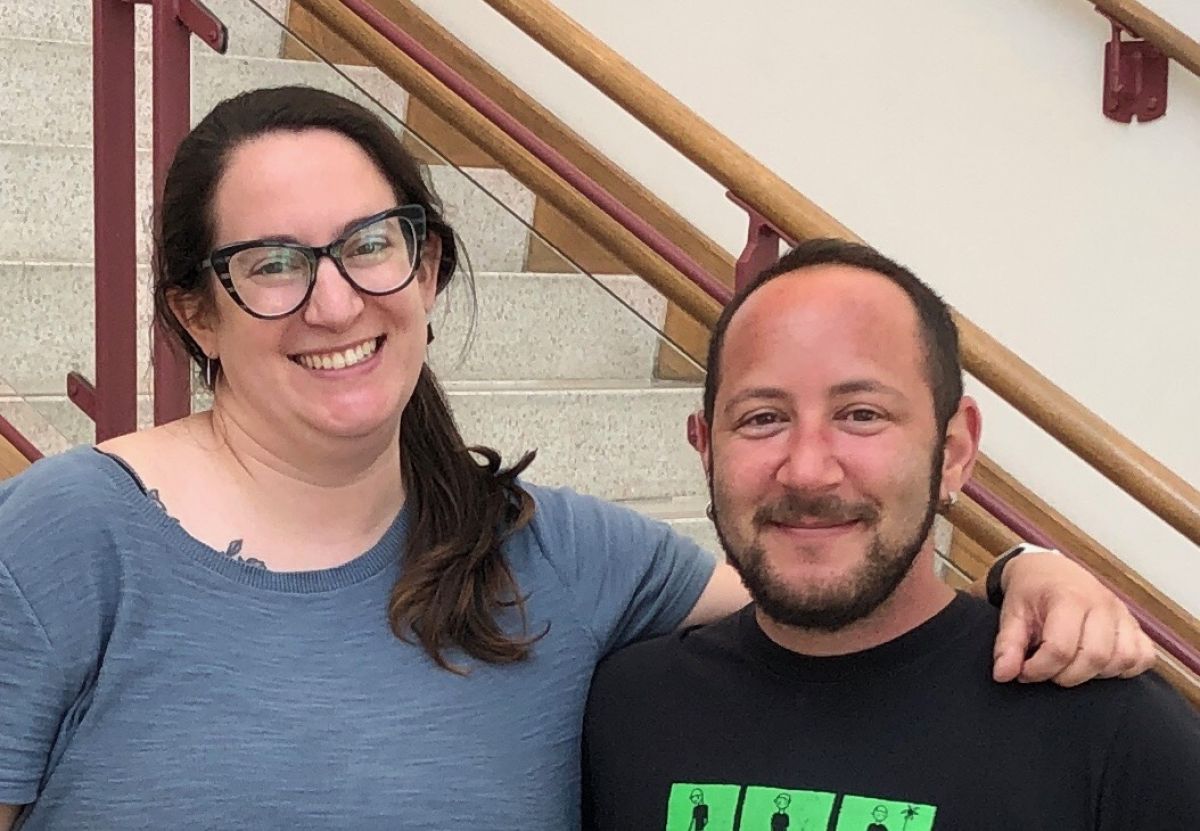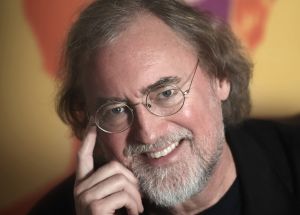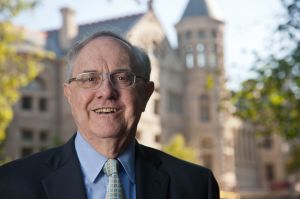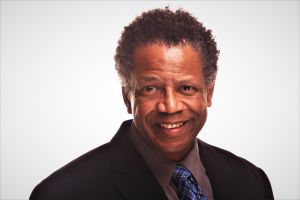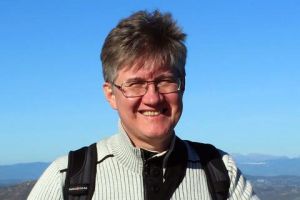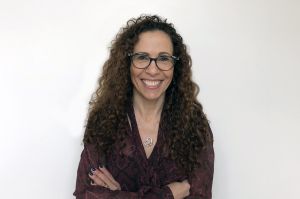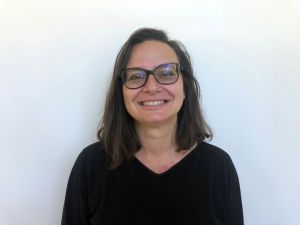December 20, 2020
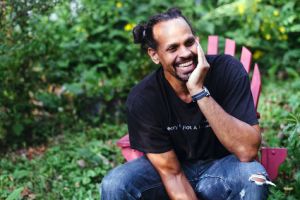
Poet Ross Gay
Kayte Young, host of WFIU's Earth Eats, speaks with Poet Ross Gay about growing the community, "passing the rock," and his latest book-length poem, "Be Holding."
December 13, 2020
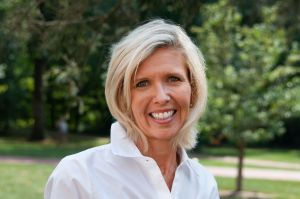
Kelly King
Host Jillian Burley speaks with Kelly King, author of The Gen Z Dictionary, about how that alphabet-ending generation is shaping the world of business today.
December 6, 2020
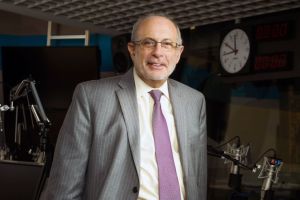
Robert Siegel
For WFIU's 70th Anniversary, WFIU News Special Projects Editor Bob Zaltsberg, speaks with Robert Siegel about his 30 years of hosting NPR’s All Things Considered, and the importance of public radio.
November 29, 2020
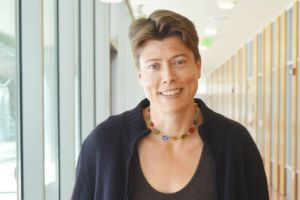
Sociologist Jenny Reardon
Carl Pearson speaks with author and sociologist Jenny Reardon about the issues of identity, justice and democracy that are embedded in the history of science.
November 22, 2020
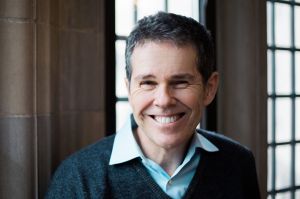
Historian Mark Roseman
Host Aaron Cain speaks with author and historian Mark Roseman about rescue and resistance during the Holocaust, and how to understand people in the past through exploring the uncertainty of their present.
November 15, 2020
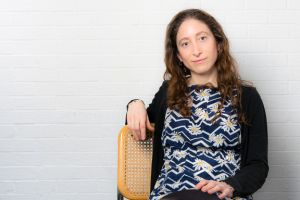
Philosopher and Cognitive Scientist Elizabeth Schechter
Philosopher and Cognitive Scientist Elizabeth Schechter, author of "Self-Consciousness and 'Split' Brains," speaks with host Aaron Cain about issues of identity, self-knowledge, and what it means to be conscious.
November 8, 2020
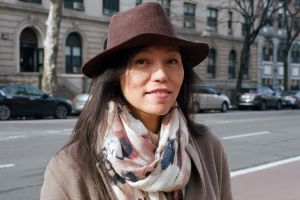
Filmmaker Isabel Sandoval
Host Janae Cummings speaks with filmmaker Isabel Sandoval about the challenges she's faced, and why she wants to leave her mark on the film industry.
November 1, 2020
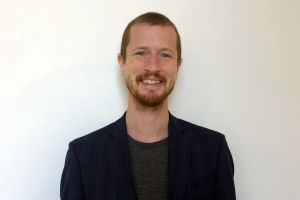
Political Scientist Steven W. Webster
Host Steve Sanders talks about public opinion and polarization with Political Scientist Steven W. Webster, author of "American Rage: How Anger Shapes our Politics."
October 25, 2020
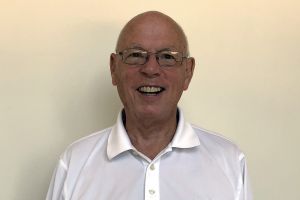
Author and Historian John Wukovits
Host Aaron Cain speaks with historian John Wukovits, author of dozens of books about World War II, including the untold stories of 35 chaplains from the University of Notre Dame.
October 18, 2020
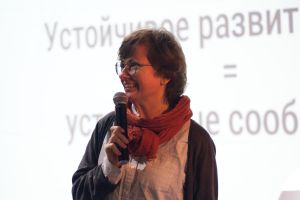
Environmental Journalist Angelina Davydova
Suzannah Evans Comfort speaks with Russian environmental journalist Angelina Davydova about how people in her home country view climate change, and how the rest of the world should view her home country.
October 11, 2020
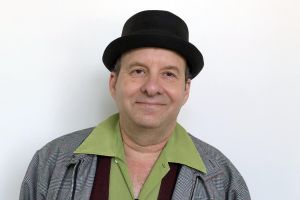
Cultural Historian Harvey G. Cohen
David Brent Johnson speaks with Cultural Historian Harvey G. Cohen, author of Duke Ellington’s America, about how music and cinema are good for more than just entertainment.
October 4, 2020
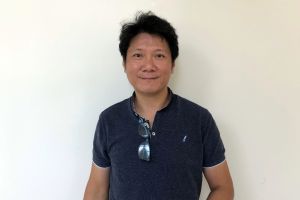
Digital Artist Jawshing Arthur Liou
Elliot Reichert speaks with digital artist Jawshing Arthur Liou about creating otherworldly experiences that are grounded in reality, and about how making art also involves finding it.
September 20, 2020
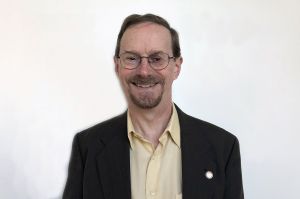
Musicologist Peter Burkholder
Host Aaron Cain speaks with musicologist Peter Burkholder about how the many kinds of musical borrowing can deepen the meaning of music.
September 13, 2020
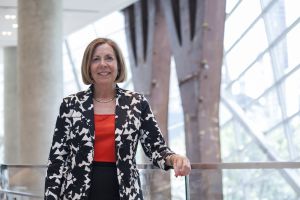
Alice Greenwald
Host Aaron Cain speaks with with Alice Greenwald, President and CEO of the National September 11 Memorial and Museum, about responsibility to history, and the morality of memory.
August 30, 2020
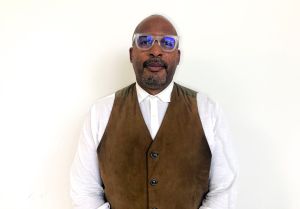
American Studies Professor Rasul Mowatt
Janae Cummings speaks with with Rasul Mowatt about the struggle for social equality, and about what one anyone can learn about that struggle by watching the Wire.
August 23, 2020
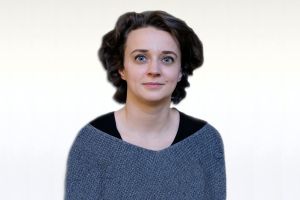
Philosopher And Historian Of Science Ann Barwich
Philosopher and historian of science Ann Barwich speaks with host Aaron Cain about her book, "Smellosophy: What the Nose Tells the Mind," and about how it takes many minds to answer the question: what exactly is smell?
August 16, 2020
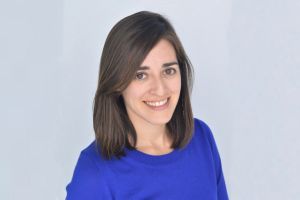
Medical Sociologist Elaine Hernandez
Host Aaron Cain speaks with Medical Sociologist Elaine Hernandez about inequalities in healthcare, and about finding a way to work together in a crisis.
August 9, 2020
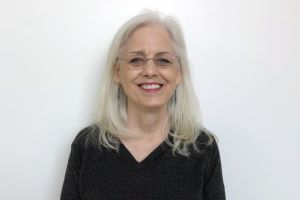
Author Susan Southard
Host Aaron Cain speaks with Susan Southard, author of "Nagasaki: Life After Nuclear War," about how remembering the past can prevent catastrophes in the present.
August 2, 2020
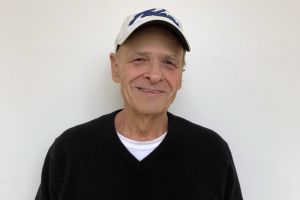
Author Tim O'Brien
Host Aaron Cain speaks with Tim O’Brien, author of "The Things they Carried," about why he returned to writing for his two young sons, and created "Dad’s Maybe Book."







